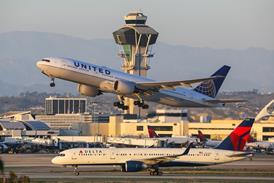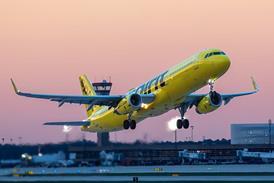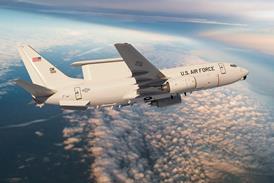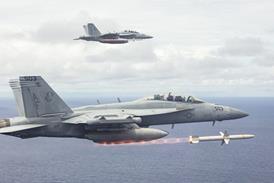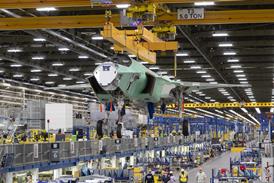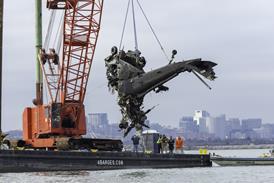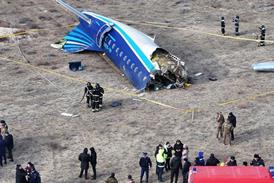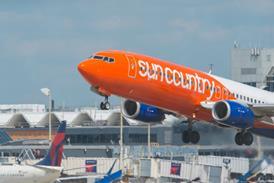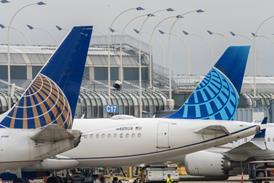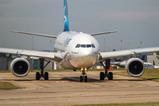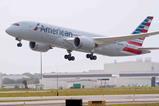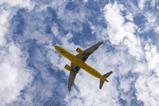Executives with United Airlines on 16 April insisted that the carrier will not pay significantly more for Airbus or Boeing aircraft as a result of tariffs on US trading partners.
President Brett Hart says that “broader economic uncertainties remain top of mind” but the company does not anticipate an aircraft price hike as a “direct” result of trade barriers erected by the Trump administration.
”We are closely monitoring the potential impact on the prices we would pay for aircraft,” he says. ”As a reminder, Boeing accounts for the majority of our future total orderbook, and most of our Airbus A321neos are produced in Alabama.
“As such, we don’t currently anticipate a meaningful direct impact of tariffs relating to aircraft purchases.”
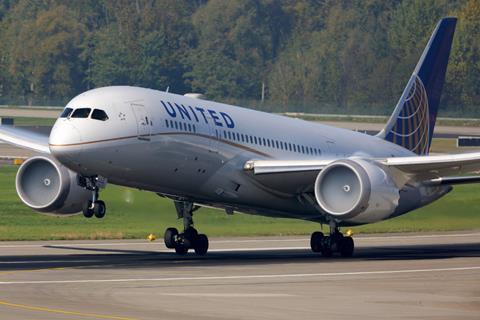
Competitor Delta Air Lines said earlier this month that it would not pay for tariffs related to Airbus aircraft deliveries.
United chief executive Scott Kirby notes that the aerospace industry is “probably the number one example of a successful high-tech manufacturing export powerhouse industry” in the USA, potentially putting it in a position to receive tariff relief.
It is too early to tell how tariffs will “settle out” for airlines and aerospace supply chains, he says.
”I suspect by the time we get to the end game, aerospace is going to be recognised as a clear winning proposition for the United States and things are going to work out,” he says. “My recommendation to everyone would just be to take a breath and let’s wait a little while before you start making panicky moves.”
United holds orders for more than 700 Airbus and Boeing jets, according to aviation analytics firm Cirium.
The company is planning to cut capacity as a result of slowing economic growth. Chief commercial officer Andrew Nocella says it intends to reduce utilisation of its narrowbody by roughly 2% in coming quarters, ”effectively lowering our domestic capacity by two points”, he says.
Route-trimming will increase in the year’s second half, as the carrier plans to reduce domestic passenger capacity by four percentage points starting in the third quarter. Cuts will include “unprofitable flying”, such as overnight “red-eye” flights and “transborder” flying as tourism diminishes between Canada and the USA.
Chicago-based United will also accelerate the retirement of 21 older aircraft, which it says will help alleviate maintenance costs.
“If we could get additional deliveries, the return profile of replacing some of those older aircraft is quite strong, nicely exceeding our cost of capital,” says chief financial officer Mike Leskinen. ”We need to maintain discipline and need to be willing to think differently and turn right when the market turns left and vice versa.”


